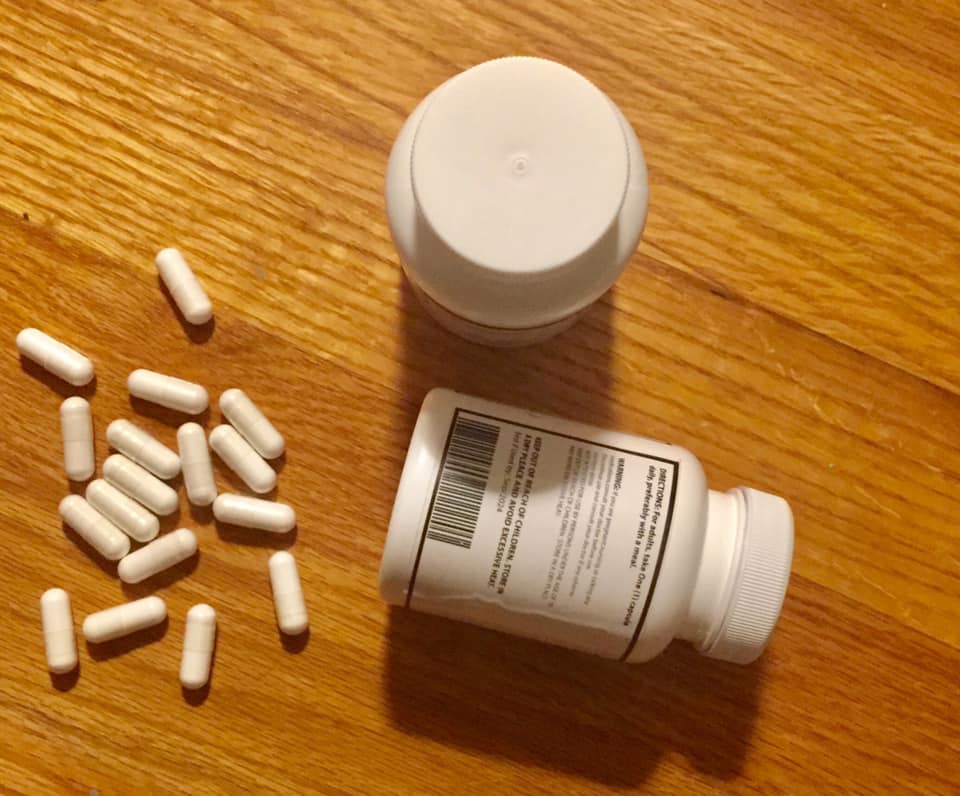GAO asks NIH to consider affordability of drugs and make prices more transparent to patients.
The Government Accountability Office (GAO), a federal watchdog agency, recently discovered the National Institutes of Health (NIH) does not consider whether a medication it licenses to a pharmaceutical company is affordable to patients and does little to make drug pricing information transparent. These findings come during a time in which there is growing concern regarding the affordability of prescription drugs, and the failure to consider how licensing may negatively interfere with public health means, moving forward, the organization needs to make more concerted efforts to disclose data and monitor for anti-competitive practices.
“The level of information that NIH publicly reports at present does not allow researchers or members of the public to evaluate the effectiveness of licensing, an important element of NIH’s broader intellectual property management practices,” the GAO said.

The medications reviewed included new treatments for diseases such as cancer and HIV that would provide “substantial revenues for the pharmaceutical industry,” according to the GAO’s report, which further contends, “The NIH does not report which of its patents are licensed or release metrics to understand the affect these deals have on the public. Information of this kind is necessary for a better understanding of NIH’s role in drug development and, more broadly, of the impact of various facets of NIH’s management of its intellectual property on public health…Generally, the NIH has failed to be more assertive about ensuring government-funded research can provide sufficient access to the public.”
The NIH responded its staff lacks expertise concerning drug pricing and affordability and said there are concerns that “pricing stipulations might prompt pharmaceutical companies to shy away from reaching deals and hamper innovation, which is why the NIH removed such language from contracts in 1995.”
The GAO is suggesting that language be incorporated into its licensing agreements which block drug makers from taking anti-competition measures for drugs that have been brought to market with taxpayer dollars. It is also asking the organization to be more transparent by disclosing license information and affordability and making this information easily accessible to patients.
Senior Research Fellow at the Mercatus Center, Robert Graboyes, PhD, said, “In the healthcare market, only very specific policies tailored toward insurer-level prices will likely help consumers. In fact, under perfect competition, prices are universally known and vary little across buyers and sellers. However, those conditions are absent in many or most American healthcare markets.”
Jacob Sherkow, a law professor at the University of Illinois at Urbana-Champaign, said, “Whether the recommendations in the report are strong enough to effect actual change remain uncertain.” He added, asking for language requiring drug companies avoid anti-competitive behavior is “nothing licensees couldn’t do in theory already. Simply stating so in the license ain’t gonna do much. I wish the report was more forceful about its recommendations concerning data transparency, but even this little bit is better than nothing. In data, like life, we shouldn’t let the perfect be the enemy of the good.”
Brook Baker, a professor at Northeastern University School of Law and a senior policy analyst for the Health GAP advocacy group, said the GAO’s suggestions are “limited” at best and the agency’s report “does not concentrate on central problems in oversight of government licensing decisions – when exclusivity is given, how long it lasts, how public investments should be reflected in pricing and distribution practices, and control over unreasonable pricing.”
Sources:
NIH fails to disclose enough details about drug licensing, watchdog report finds
New Research Paper Indicates Price Transparency May Not Equate to Lower Prices


Join the conversation!